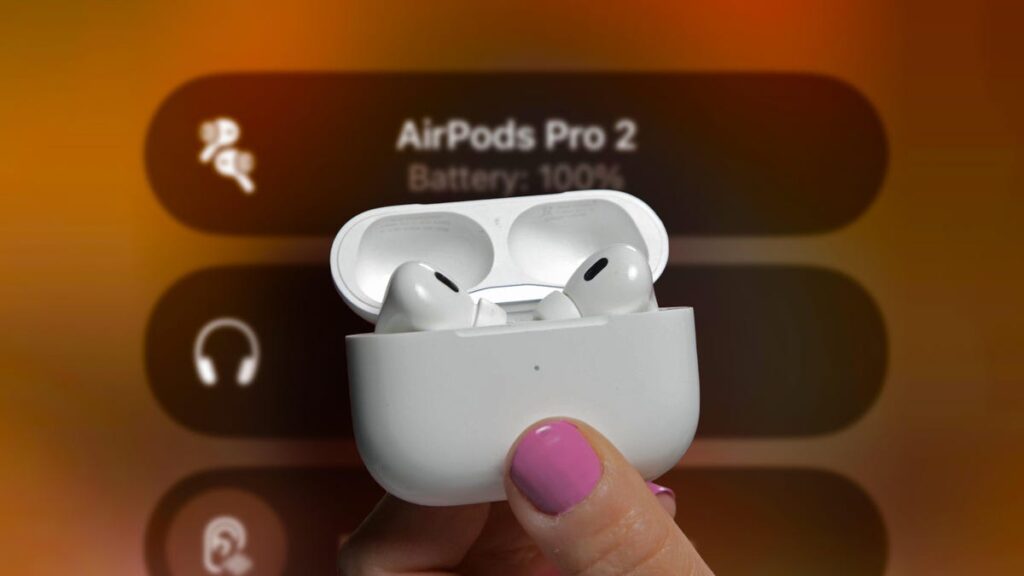Apple on Tuesday announced preliminary findings from an ongoing hearing health study, adding new evidence to tinnitus, a widespread and sometimes confusing condition that results from a persistent noise or “ringing” that only you can hear.
The new report found that about 15 percent of people surveyed experience tinnitus daily. 10 percent said that tinnitus “moderately or completely affects their ability to hear clearly.” Most participants (about 78%) had experienced tinnitus at some point in their lives, with older people more likely to report having experienced it.
Read more: Apple's WWDC invitations announced. Waiting for iOS 18 and AI is almost over
Apple's survey results included details about how people felt about the tinnitus sound: whether it was a “pure tone,” a kettle whistling sound, or something more like white noise.
The findings are based on a survey of more than 160,000 participants and were conducted by researchers at the University of Michigan, and are part of an ongoing study of hearing health that Apple began in 2019 in collaboration with the University of Michigan and the World Health Organization. The study is conducted through the Research app, allowing Apple users to register and share data and information if they choose.
Apple's findings on tinnitus weren't necessarily new: Older adults, for example, were found to be much more likely to report tinnitus, which is consistent with what we know about the relationship between aging, hearing loss, and tinnitus (which is often the first sign of hearing loss, as it is most commonly caused by noise-induced damage to cells in the cochlea).
But Apple's ongoing research into hearing and tinnitus reflects the growing demand for hearing health solutions for a growing number of people, many of whom are young and experiencing tinnitus or hearing loss due to the use of headphones or earbuds and exposure to noise from other technology (yes, that includes Apple's AirPods).
“The trends we find about people's experiences with tinnitus through the Apple Hearing Study can help us better understand groups who are most at risk and may ultimately guide efforts to reduce the impacts associated with tinnitus,” Rick Neitzel, professor of environmental health sciences at the University of Michigan School of Public Health, said in Apple's press release.
Neitzel added: “This study provides an opportunity to improve our understanding of tinnitus across demographics, something that hasn't been possible before, and helps current scientific knowledge that could ultimately improve tinnitus management.”
Tinnitus can vary in severity, being barely noticeable to some and debilitating to others, and because tinnitus is an entirely subjective experience (sound coming from the head or ears), finding the right treatment can be difficult, especially for those who suffer from it. Managing tinnitus may involve stress management, meditation, tinnitus retraining therapy, or even the use of hearing aids.
Apple also has other long-term health studies underway, including reproductive health (Apple Women's Health Study) and cardiovascular health (Apple Heart Study). Both studies track trends from information Apple users actively choose to share with the company through the Research app. They also reflect areas of health where Apple has developed technology for the Watch, including a temperature sensor on the Apple Watch (which can be used to provide retrospective ovulation insights and menstrual cycle deviation information) and a sensor that can detect irregular heartbeats. In terms of hearing health, Apple offers headphone notifications when the volume is loud enough to affect your hearing (noise-induced hearing loss typically occurs after prolonged exposure) and a Noise app for the Apple Watch.
Ahead of Apple's Worldwide Developers Conference kicking off on June 10, rumors are circulating about what health advancements Apple will soon introduce to its AirPods.
Read more: Noise is not just a hearing loss, it's also a silent health threat



